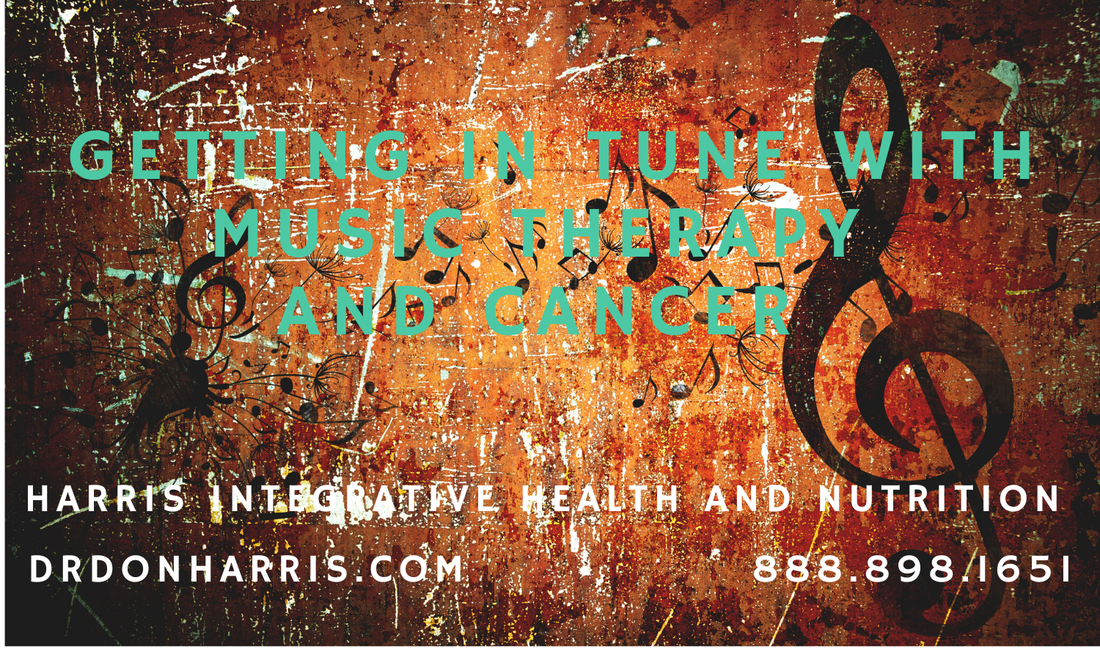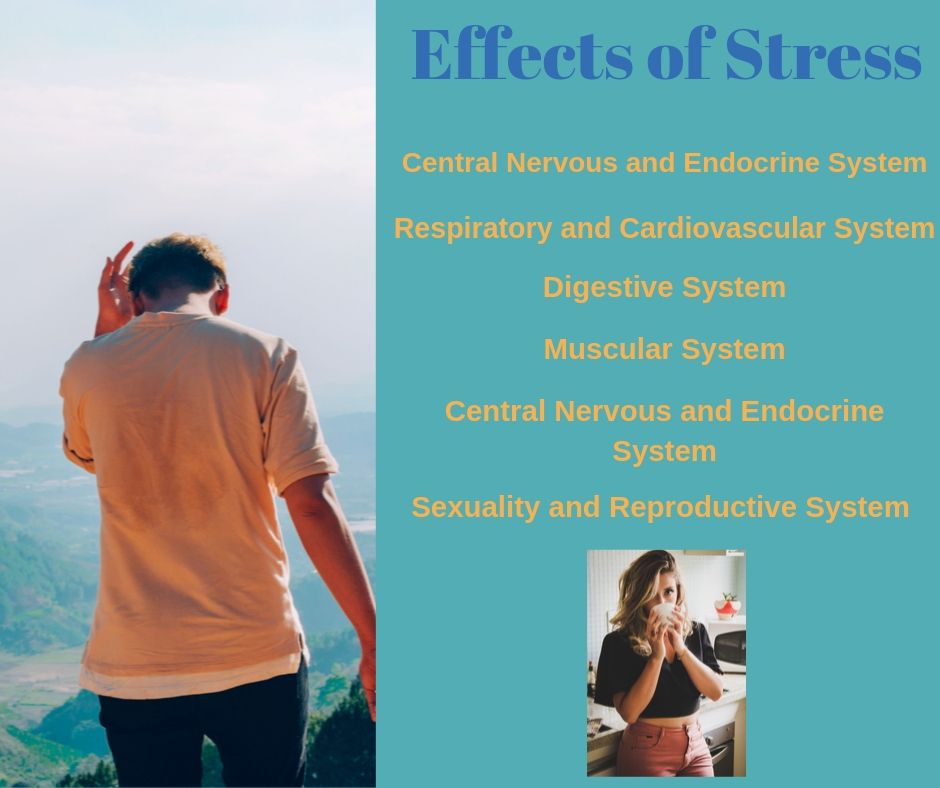|
What is Music Therapy?
Music therapy is not about learning to sing, or play an instrument. In a music therapy session, you might:
Why people with cancer use it? One of the main reasons people with cancer use music therapy is because it makes them feel good. Listening to music can be calming and relaxing. Music therapy can be a safe place for people to explore fear, anxiety, anger and the range of emotional responses to living with cancer.Some studies show that music therapy can help children with cancer to cope by encouraging them to cooperate and communicate. What it involves You work with your music therapist to plan a program that suits your needs. You decide together how often you should have the therapy and how long each session will be. Music therapy sessions usually last between 30 to 60 minutes. Your therapist might encourage you to play or listen to music at home between sessions.You might have regular therapy for weeks or months. You may want to see your therapist on your own, or take part in group music therapy sessions. Your relationship with your music therapist is very important. If you don’t feel comfortable with anything your therapist is doing, do talk to them about it. History of music therapy For many people, music connects them to their emotions and is often a way to be socially connected. That is why music can be an effective form of therapy for people with cancer. The use of music as a therapeutic tool in health and medicine dates back to ancient times. In modern Western medicine, music therapy started being formally used in the 1950s and is now often incorporated into conventional medical care. Music therapy is a key therapeutic tool used within most integrative medicine programs at large cancer centers around the nation. Benefits of music therapy When used in conjunction with conventional cancer treatments, music therapy has been found to help reduce pain and discomfort; improve mood and diminish stress; increase quality of life, and allow patients to better communicate their fears, sadness or other feelings. Many Integrative Medicine Center provides music therapy for children and adult inpatients, outpatients and their families. IStudies have shown that group singing improves mood, coping strategies and pain management, and has other health benefits. One long-term cancer patient says of her cancer diagnosis and experience with the singers, "I went through it all with the singers by my side. We met at every Tuesday evening and sang. This experience gave me a sense of healing on the inside of my physical body and in my heart and spirit, too." We all are under too much stress. We can’t get away from it. Stress is a normal part of today’s life. However, the amount and severity of the stress we suffer today, is not normal. The body treats physical and emotional stress in the same manner. Stress is one of the most significant reasons chronic inflammatory diseases are escalating. Too much stress in our lives produces destructive hormones that alter many functions. It can alter thyroid function. It can decrease your resistance to disease, attack organs such as your heart and brain. It can alter your responses to insulin and ultimately, alter the way your body handles sugar. Stress causes your adrenal gland to hyper secrete a hormone called Cortisol. This hormone is sometimes referred to as the stress hormone. Other hormones are produced in response to stress and in combination with Cortisol can wreak havoc throughout the body. The internal damage done to organs, such as the liver, thyroid gland, adrenal gland, gastrointestinal tract, and cardiovascular system is extensive. Cortisol is also needed for the fight or flight response which is a healthy, natural response to perceived threats. The amount of cortisol produced is highly regulated by your body to ensure the balance is correct. Whenever we're angry, scared, anxious, or tense, the brain produces cortisol and adrenaline: hormones specifically designed to incite the fight-or-flight response that was once crucial to our survival. Cortisol helps increase heart and respiratory rates and getting your muscles tensed and ready. Since, physiologically speaking, your body thinks you've run a mile or two or done something active in response to the 'threat', the hormone sends signals to refuel the body as soon as possible. It's a biological green light to indulge in foods loaded with carbs and fat that leads to weight gain in the chronically stressed. It's a vicious cycle of stress, followed by elevated cortisol, followed by that foods you don't need
|
Archives
April 2022
Categories
All
|




 RSS Feed
RSS Feed